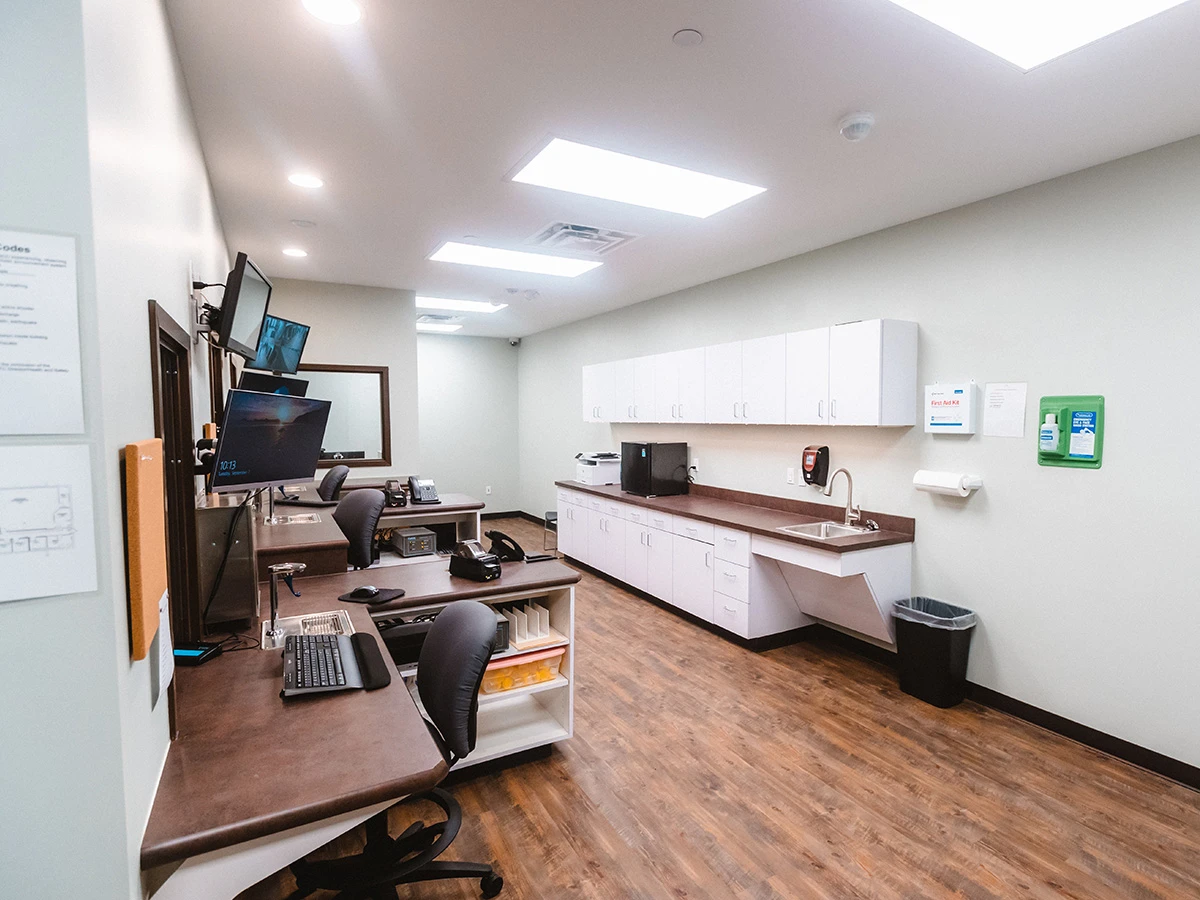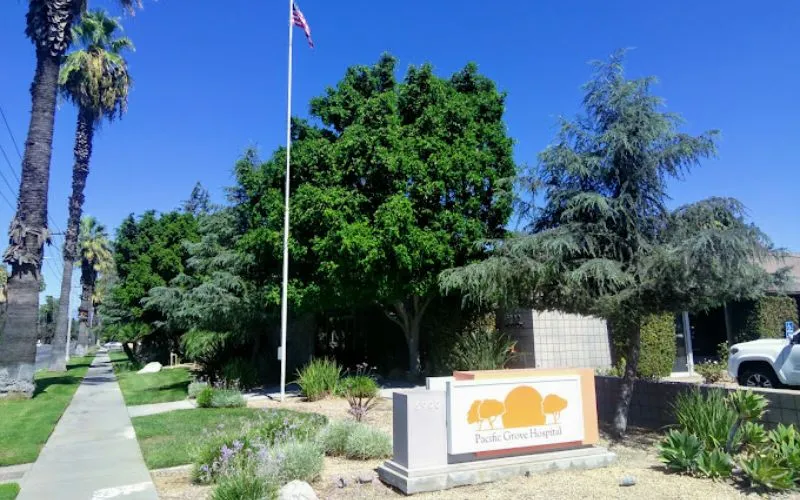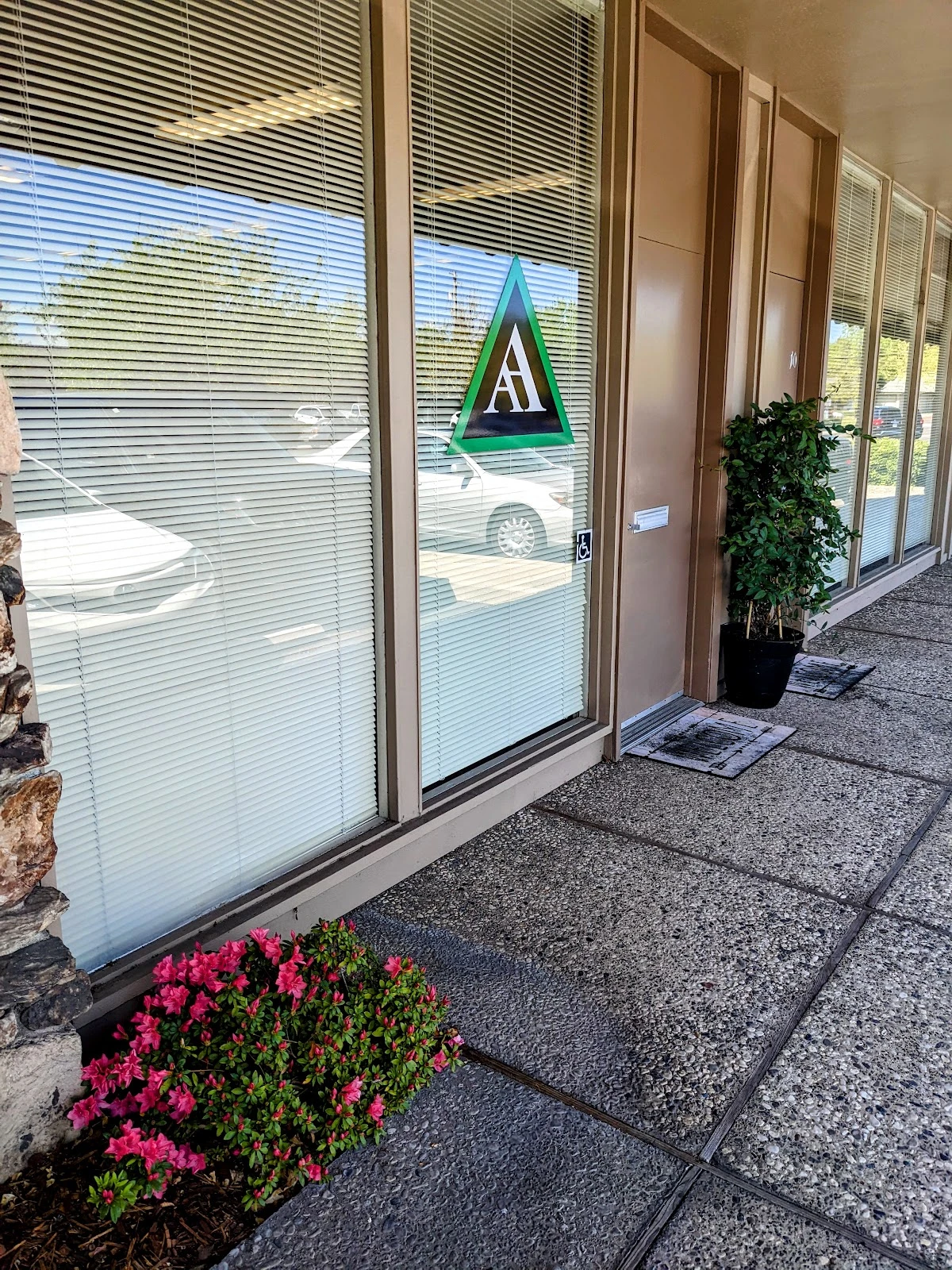The Santa Ana Comprehensive Treatment Center, previously known as Recovery Solutions, is a California facility that provides comprehensive treatment for patients with co-occurring mental health and drug misuse problems. The facility is renowned for providing all-inclusive therapies that address the psychological, physiological, and social aspects of healing. Their program provides services to a wide spectrum of people, making sure that each group's needs are met, including the LGBTQ community, veterans, military families, young adults, and adults.
The facility offers outpatient detox and addiction treatment, enabling clients to get the care they need while carrying with their regular activities, including going to work or school. Patients attend frequent treatment sessions with licensed therapists and counselors throughout the day. With its medical supervision, the detox program provides patients with a safe and efficient way to taper off without needing them to spend the night at the facility.
The tailored counseling provided by Santa Ana Comprehensive Treatment Center emphasizes individualized treatment and incorporates evidence-based strategies including motivational interviewing, cognitive behavioral therapy, and other approaches. With specific programs to cater to various groups, the facility ensures that each client gets treatment suitable to their circumstances. This personalized approach helps in addressing the underlying reasons of addiction. For example, the requirements of LGBTQ people or pregnant women may not be the same as those of veterans, and the center adapts its services appropriately.
The facility satisfies high standards of care in drug addiction and mental health treatment since it has received accreditation from the Commission on Accreditation of Rehabilitation Facilities (CARF) and SAMHSA certification.
Santa Ana Comprehensive therapy Center provides medication-assisted therapy (MAT), a well-researched method that combines counseling services and prescription medication to precisely address opioid addiction. MAT addresses social, emotional, and physical components of rehabilitation at the same time, using a comprehensive, whole-person approach. Withdrawal symptoms and cravings from opioids are lessened by MAT drugs, allowing patients to concentrate on their rehabilitation. Counseling helps patients develop the skills required for long-term success and make beneficial behavioral adjustments in addition to medicine.
Since every patient's experience with opioid addiction is different, the clinic customizes treatment programs based on each patient's advantages and disadvantages. From the first intake screening, when staff members go over patient objectives, medical history, and drug use history, they place a strong emphasis on personalized care. This thorough evaluation aids in the development of a treatment strategy tailored to the patient's unique requirements. The center's MAT program is flexible, enabling patients to continue with their daily activities while undergoing treatment. Additionally, care plans are often modified to take into account the patient's development and changing requirements.
The Joint Commission Accredited and SAMHSA recognized Santa Ana Comprehensive Treatment Center guarantees that their services adhere to the strictest standards for quality and compliance in addiction treatment.
Santa Ana Comprehensive Treatment Center Information
Treatment
Who We Treat
- Male and Female
Treatment Focus
- Medication-Assisted Treatment
- Opioids
- Outpatient
Approaches
- Individual Treatment
- Evidence-Based
- Medical
- Group Therapy
- Dialectical Behavior Therapy (DBT)
- 1-on-1 Counseling
- Medication-Assisted Treatment (MAT)
Substances We Treat
- Prescription Drugs
- Heroin
- Opioids
Languages
- English
Level of Care
- Outpatient
Experience
Smoking and Vaping Policy
- Smoking Not Allowed
- Vaping Not Allowed
Additional Locations
Santa Ana Comprehensive Treatment Center Accepts The Following Insurance Plans
Find the best treatment options. Call our free and confidential helpline today!






















